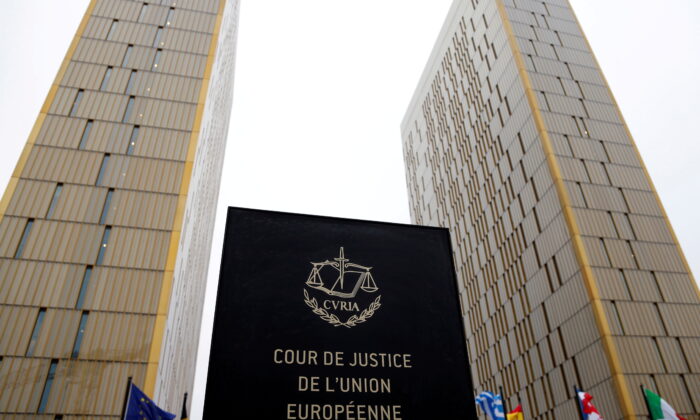European Union High Court determines that UK tax scheme for multinational corporations does not violate state aid regulations.
The European Commission found that the tax breaks provided an unfair advantage to foreign companies.
The European Union’s high court ruled on Sept. 19 that a British scheme allegedly granting tax breaks to certain multinational companies between 2013 and 2018 did not violate European Union state aid law.
They also allowed UK tax authorities to reallocate profits diverted to an offshore subsidiary back to the UK parent company for proper taxation.
Furthermore, multinational corporations based in the UK received tax exemptions on profits from their CFCs under these rules.
After its findings, the Commission mandated the UK to recover the “illegal State aid” from the multinational companies benefiting from it from 2013 to 2018.
Lower Court ‘Erred in Law’
The Commission’s decision was upheld by a lower court in 2022 following challenges by the British government and several FTSE 100 companies, such as broadcaster ITV and the London Stock Exchange.
In its ruling, the CJEU sided with the UK, stating that the scheme did not unlawfully benefit multinational corporations based in the country.
The high court noted that the lower court “erred in law” by confirming that the Commission had considered only the rules applicable to CFCs in its decision, neglecting other relevant provisions.
The court emphasized that the Commission can deviate from a Member State’s interpretation of its laws only with reliable evidence supporting an alternative interpretation prevalent in that Member State’s case-law or administrative practice.
The ruling is final and cannot be appealed.
Reuters contributed to this report.





